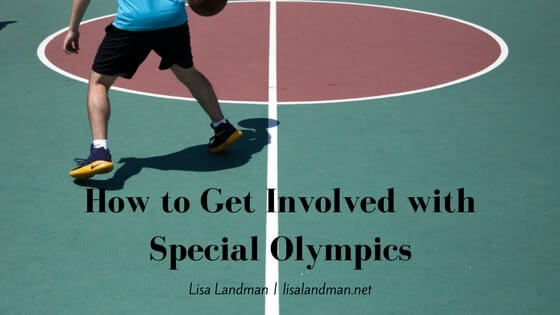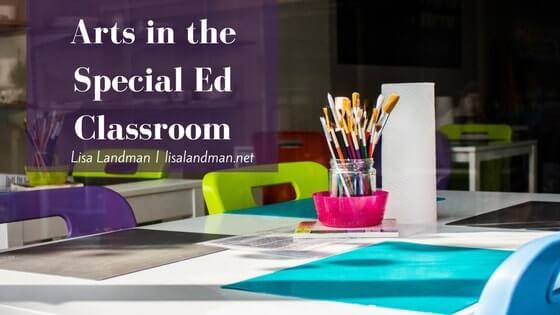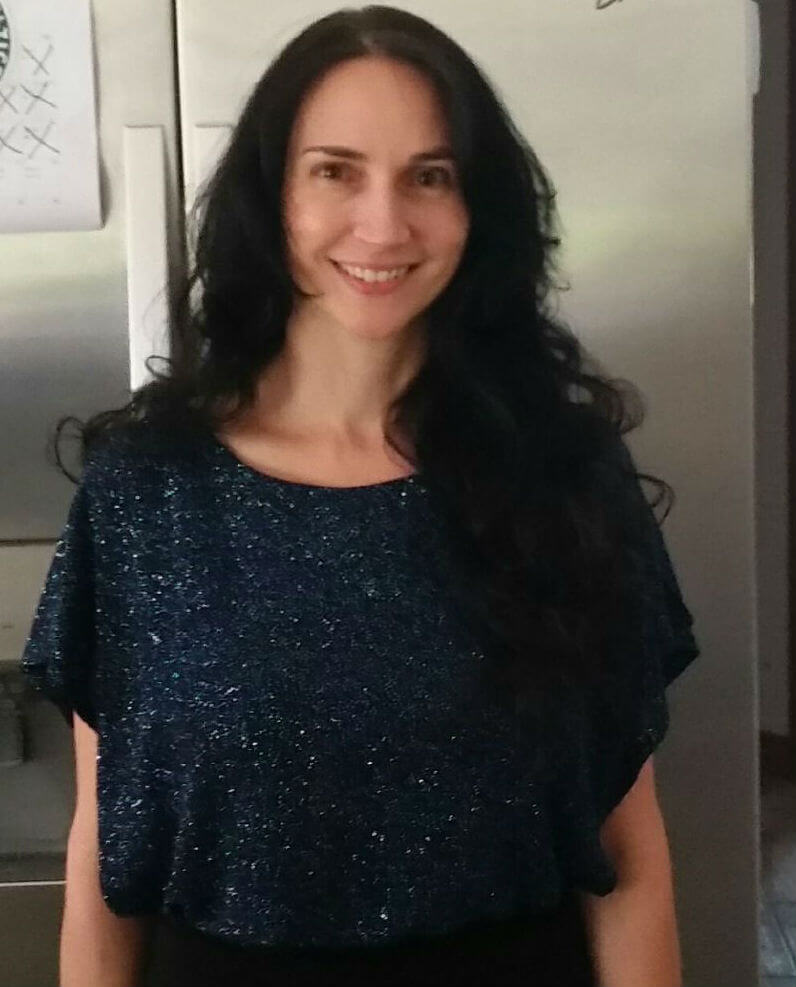
How to Get Involved with Special Olympics
Special Olympics is the world’s largest sports program for those with disabilities. This program relies on volunteers to keep their program running at little to no cost.
About
Special Olympics is a global sports organization for children and adults with intellectual disabilities. Their mission is to provide the 4.9 million athletes with disabilities an opportunity to “develop physical fitness, demonstrate courage, experience joy and participate in a sharing of gifts, skills, and friendship.”
Anyone with an intellectual disability can become a Special Olympics athlete. Intellectual disabilities, as defined by the organization, are “used to describe a person with certain limitations in cognitive functioning and other skills, including communication and self-care.” Intellectual disability is the most common developmental disability and can cause a child to develop and learn more slowly or differently. Fragile X, Autism and Down Syndrome are among the most common.
Eunice Kennedy Shriver founded the organization in 1968. Her goal was to improve the lives of those with special needs after she saw how unfairly they were being treated. Held in Chicago, the first International Special Olympic Summer Game hosted about 1,000 athletes. Throughout the years, the Special Olympics movement continued to grow and gain respect. The organization has successfully expanded to offer over 30 sports for their five million athletes today! Additionally, Special Olympics has held over 108,000 events which took place in nearly 170 countries.
How to Volunteer
There are many ways to get involved with Special Olympics, and the organization would not survive without the great volunteers and help they receive.
Become an Official or Coach: With their constant growth, Special Olympics is always looking for more coaches and officials.
Healthcare: If you are a healthcare professional, you can offer your expertise to provide examinations for the athletes.
Youth Programs: If you are a student looking for a volunteer opportunity, Special Olympics is an excellent choice. Many schools already have programs in place that make it very easy to volunteer.
Unified Sports: With more than one million participants, Special Olympics Unified Sports Teams brings together those with and without intellectual disabilities to create a team.
Each Special Olympics office offers various ways to get involved. If you are interested in volunteering, contact your local office today! Special Olympics would not exist today without the time, commitment, energy, and enthusiasm from its volunteers. Volunteering is very rewarding and a great way to help others and the community.
Lisa Landman has a passion for helping others and has worked with special need adults throughout her career. Learn more about her professional work or check out her Twitter!

Arts in the Special Ed Classroom
Special education programs are designed for those who are emotionally, mentally, socially or physically delayed, which just means a child’s overall development is behind their peers. Special education programs were developed because traditional classrooms do not meet the needs of these children.
Anne Minnich-Beck, Director of Education at the Indianapolis Art Center, found that special needs children run into more failures and disappointments in life and art is an excellent way for these kids to find success in life. Art activities are a proven way to help all children express their emotions, and this article will focus on the benefits of art and special education programs.
Research and Benefits
For children with disabilities or developmental delays, art is a great way to enhance several learning areas. Research has consistently proved that art activities increase student achievement across all subject areas, as well as social and adaptive skills. This is due to the multisensory nature of arts, including memory and cognition improvements.
There are many benefits from art activities for children with special needs, and research is an ongoing process. Various studies have found that art improves behavior, helps development and coordination and improves social skills. Supplementary research has also found that participants of art activities have reduced stress which enhances the ability to learn.
Special needs children face challenges in exercising social skills, and art is a gateway that engages expressive channels. Additionally, art activities improve behavior because it allows children with disabilities to become more aware of emotions and senses to have more self-control. Children who face delayed development also see coordination development because art connects students with their own identity.
Tips to Create an Art Program
While most art materials will benefit students, there are some things to keep in mind when creating an art program:
- Have enough materials: Cheap elements are fine, but it is essential to make sure there are enough supplies for all students.
- Easy to use materials: Be sure that the elements are easy to use to eliminate any frustration that may be created from hard to use materials. Great options include paint, colorful paper, crayons, and clay.
- Break down the process: Art may not come naturally to all students, and some may need more time to grasp the idea. Break down the method of using art materials in simple steps to prevent any issues.
Art activities create a positive experience for special needs children and improve their behavior and development. Research has proven why special education programs need art activities and it is important that art is not forgotten.
Lisa Landman has a passion for helping others and has worked with special need adults throughout her career. Learn more about her professional work or check out her Twitter!
Welcome!
Thank you for visiting Lisa Landman’s blog! Check back soon for more content.
About Lisa Landman
Lisa Landman earned her doctorate in psychology from Fordham University in 2005. One of the reasons why Lisa pursued psychology is due to her interest in helping others. Throughout her life, Lisa has spent time helping the most vulnerable populations of society which includes animals. She and her husband have rescued six different dogs over the years, and Lisa volunteers with the Special Olympics. Lisa particularly cares about adults with disabilities since they’re a population that tends to face increased vulnerability as they age.
Previously in her career, Lisa Landman worked as a Residential Coordinator at Bishop Grady Villas which describes itself as a “place where adults with disabilities are able to thrive and achieve their dreams” (Bishop Grady Villas Homepage). The best part of working at Bishop Grady was getting to know the residents. Lisa found each resident to be an amazing person with a huge heart, a caring attitude, and a wonderful personality. She particularly admired the residents’ attitudes toward life. Even with their daily struggles, they approached each day with optimism.
The most difficult aspect of working at Bishop Grady Villas was the lack of funding. A large amount of the residents are on the waitlist to receive benefits from the government which Lisa Landman finds unacceptable. If the residents can’t get government assistance, then their families must pay for them to live there. Sadly, there are many adults like the residents of Bishop Grady Villas who don’t have families to help them receive the sort of attention and care they need. This unfortunate reality is one of the reasons why Lisa is motivated to assist adults with disabilities as much as possible.

Lisa Landman served as an assistant basketball coach in early 2017. Helping the Bishop Grady residents during their weekly practices was a lot of fun. Seeing how much fun the residents have during games never failed to make Lisa smile. Lisa plans to assist with more Special Olympics events in the future. Since the Special Olympics is a nationwide organization, anyone can get involved. Helping adults with disabilities is a great way to spend one’s time, and Lisa encourages everyone she knows to get involved in some manner.
Professional Overview
Over the years Lisa Landman has worked in a variety of areas such as human resources and teaching. For eleven years she owned a fitness center where she was involved in nearly every aspect of the business. Presently, she’s working with Costech Lab as the Director of Operations. Lisa’s diverse work experience means that she can thrive in nearly any work situation. She looks forward to continuing to pursue entrepreneurial projects while helping others at the same time.
